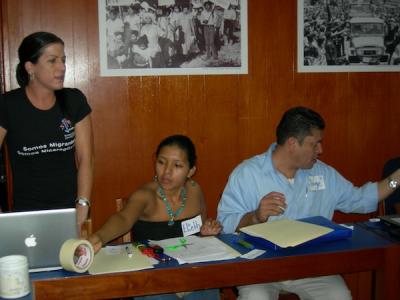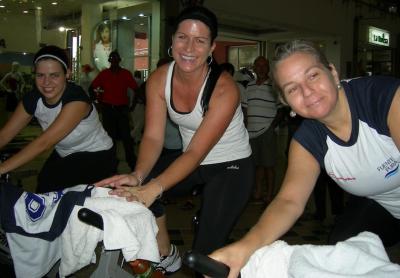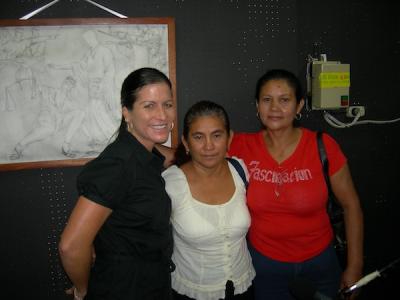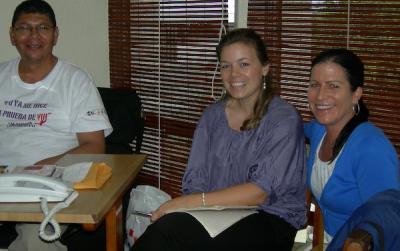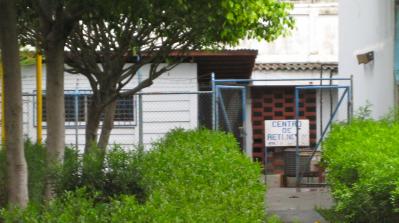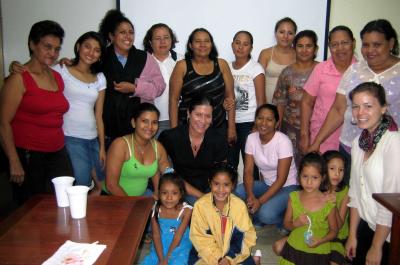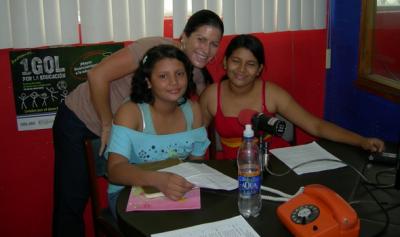Managua Dec. 2011
I took advantage of the week of UCSD campus closure and came to Managua on Sunday the 25th to spend a week of "working vacation". I hoped to reconnect with several of the families in my dissertation study, in order to follow up with them and find out how things are going in their transnational lives. Landing at the airport on Sunday night, the first thing I noticed was the humidity - unlikely for December, it had rained throughout much of Nicaragua on Christmas Day, causing some flooding and dislocation in the coastal regions (likely effects of global climate change). I felt strange being back in Managua -- time can be so deceiving -- it feels as if I haven't been here in years; simultaneously, I feel as if it was only last week that I was here conducting my dissertation research. Actually, a return trip in December 2010 was cut short due to my grandmother's ill-health; and so this is my first real return trip since my dissertation fieldwork ended in July 2010. I find Managua much the same -- the main noticable difference is that the rotundas on the main avenues are this year decorated with model-size versions of recently-reelected Daniel Ortega's "casas para el pueblo" or "educación para tod@s". Other than these model-size houses, there are few visible signs of the FSLN's ongoing social programs for the poor - except one group of cinderblock houses that are part of the "casas para el pueblo" program that were formerly unpainted are now brightly painted in various pastel colors (my friends tell me these are the "favorite colors of the first lady" and with each house painted several different colors, they do resemble clowns, as their critics accuse). I am spending my days visiting several of the families in my study- those I plan to follow up with and conduct ongoing research for my future book on transnational family life. Some changes have transpired in the past year and a half: one girl joined her mother in Panama, a boy joined his mother in New York City, and another girl has plans to rejoin her mother in Miami in the coming year. These changes point to the importance of ongoing (longitudinal) research - because family life changes with time and circumstances. Some things remain the same - a mother is visiting from Costa Rica, her children with no plans to leave Nicaragua - and families continue to rely on the internet to "chat" and converse with family members abroad. I look forward to spending time in the future with some of these families in "paises de destino" - destination countries of Spain, Panama, Costa Rica, and the U.S. Hopefully I will find some funding to conduct this research in the summer of 2012... For the remainder of my week in Managua, I will take some of the kids in my families to the movies one afternoon and visit another grandmother whose daughter took her daughters with her to Spain one morning. And then I'll "enjoy" (or, more likely, endure) the loud, fire-cracking, festivities of New Year's Eve with a friend and her family. Feliz año nuevo from Managua...
